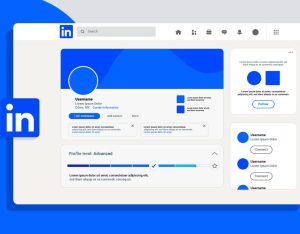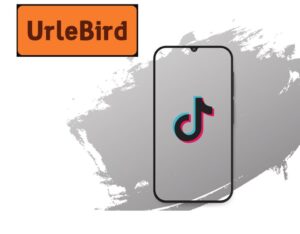
The job search is characterized by being a path with several steps. The first is the creation or updating of the Curriculum Vitae, the second is the search itself, the third is the registration in the offers, and the last is the interview for said position.
Knowing the types of job interviews is essential to arrive prepared for this critical appointment.
Depending on the situation and the moment we are going through, the search for a job can be a stressful activity that generates frustration. This “anxiety” can play a decisive role when conducting a job interview, negatively affecting the interview outcome. Knowing the different types of job interviews can help us prepare, be more relaxed and plan what we want to highlight among our skills and personal characteristics.
Every Job Interview Is Different From Any Other
There are many factors involved in defining job interviews, the way they are carried out, and their development: the type of position offered, the company they select, whether the interview is carried out by the internal human resources department of a company or by an outsourced service, the topics to be dealt with and the channel used (in-person or virtual).
In addition, it must be considered that each recruiter has his style and techniques developed throughout his career. However, the tendency is to use consolidated and codified methodologies.
Technology: A Help For Human Resources Departments
Until a few years ago, having a job interview meant physically showing up at a place at a set time, which often meant asking for permission from work, going to the office of the company or consultancy, and experiencing the stress of being late.
Thanks to the entry of technology at various levels, the current era is characterized by the agility of communications, which has also lightened the recruitment process. Until recently, human resources managers spent a lot of time organizing job interviews and balancing them with the candidates’ commitments.
Virtual interviews have made it possible to overcome many of these scheduling and geographical obstacles, significantly increasing the possibility of interviewing people around the world, guaranteeing greater flexibility in managing appointments, reduced cost, and the opportunity to interact with a more significant number of candidates in a shorter period.
Virtual Interviews: Pre-Recorded Or Live
There are two types of video interviews: pre-recorded and live.
Pre-recorded interviews
Pre-recorded interviews make it easy to weed out unsuitable candidates and effectively assess what matters to the company. The pre-recorded interview ” is a set of questions that the recruiting department of a company previously recorded to learn more about the candidates, “questions are answered by recording another video message. This modality makes it possible to reduce selection times and avoid interviews with people who do not fit the type of position offered.
Live interviews
Live interviews are “face to face” version 2.0 interviews where the candidate interacts in real-time with the recruiters. They usually are made through video call programs and applications such as Skype, Hangout, WhatsApp, Viber, etc.
Advantages Of A Virtual Interview:
- Possibility of communicating with people residing anywhere in the world;
- Possibility of observing the faces of the candidates without them feeling the pressure of being observed;
- Being able to share documents on-screen;
- Possibility of adding to the call different evaluators who are in other places;
- Space-time flexibility.
Also Read : What Are The Careers or Courses With The Most Job Opportunities?







